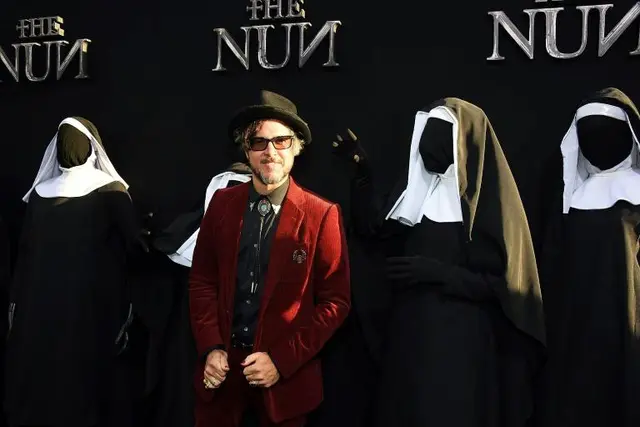The Indian capital continued to see huge rush of dengue patients to hospitals on Wednesday and the government has warned private hospitals of canceling license if they refuse to admit patients without money after 11 people died of the epidemic in about one week.
The Delhi government has directed all public medical institutions to increase their bed capacity and employ more doctors and nurses to deal with the emergency situation, as the city is faced with one of the worst outbreaks of the mosquito- spread deadly disease.
In some government hospitals, three patients were cramped on one bed due to unavailability of beds, said Press Trust of India.
In the Deen Dayal Hospital, one of the largest hospitals run by the Delhi government, the authorities have admitted over 1,000 patients though it has only 640 beds.
"We are trying to accommodate (dengue patients) by increasing the total number of beds. We have deployed some beds reserved for the disaster-like situation. We have also postponed some elective surgeries and have taken the beds, too for dengue inflicted patients," said Dr. Savita Babbar, medical superintendent of the hospital.
In many places, patients are being treated in lobbies and corridors. All other premises at hospitals including the operation theaters and intensive care units have also been converted into emergency wards for dengue patients.
The government issued on Wednesday a "blanket order" empowering hospitals run by it to recruit more doctors, nurses and paramedic staff.
Delhi Health Minister Satyendar Jain also directed private hospitals to increase their bed capacity by 10 to 20 percent as soon as possible.
The government is also buying dengue testing kits for both private and public hospitals which have been asked not to charge more than 600 rupees (9 U.S. dollars) for the test.
"All arrangements have been made to ensure best possible treatment to dengue patients," the health minister said.
"We have become blind in race to make more and more profit. We shouldn't forget our humanity," Delhi Chief Minister Arvind Kejriwal said in a stern message to private hospitals.
The Delhi government has also asked all schools to ensure that children must wear full-sleave clothes for the next month to avoid mosquito bites and urged people to avoid self medication.
A lot of Delhi residents are not familiar with ways to prevent the outbreak of the epidemic, which is caused by the breeding of mosquitoes in water.
Due to the lack of a modernized water supply system, the city has many tanks and water ponds used to supply water to low-income and poor residents who cannot afford to buy water pumps, creating hotbeds for mosquito breeding.
Poor public awareness campaign has been held responsible for the failure of preventing an outbreak.
Ramrup Dubey, a dengue inflicted patient's relative, told Xinhua that they only know that her sister is suffering from dengue fever but do not know anything else about the details of the disease.
Dengue which is also known as break-bone fever is a communicable disease transmitted by female Aedes mosquitoes. The larva of Aedes mosquito is grown in clean water.
"According to the mosquito cycle, the breeding season is at its peak during the months of September and October. The sudden surge that came in the last few days has achieved its height," said Dr. Babbar.
"It will come down only if there is a fall in temperature. We are expecting this crisis to stay for at least a month," the doctor said.
The dengue virus has killed millions of people around the globe since the Second World War. It has also been declared as endemic in more than 100 countries.
According to official data, around 20,000 dengue cases are reported every year in India and the deadly virus costs over 1.1 billion U.S. dollars each year.
 简体中文
简体中文

